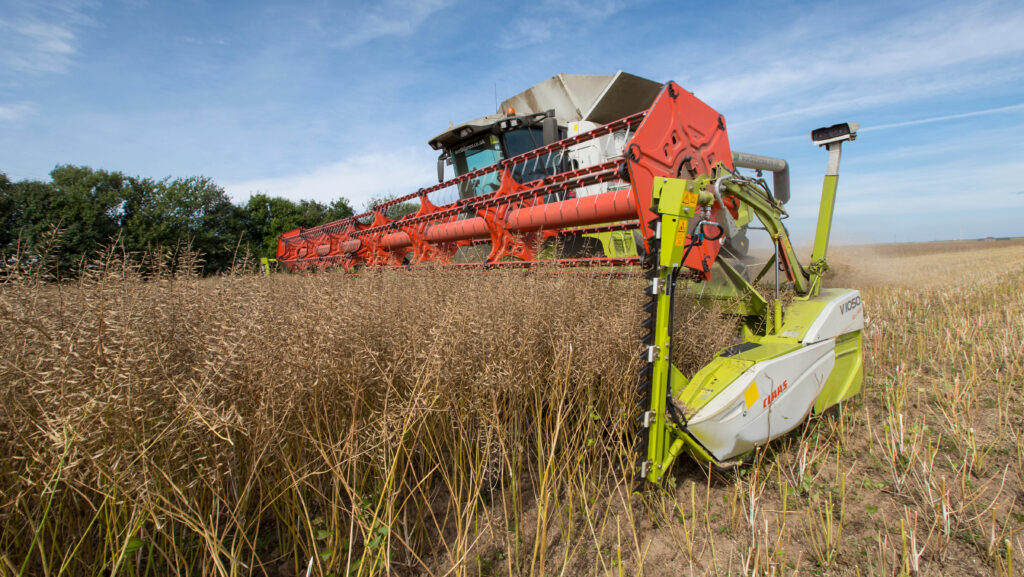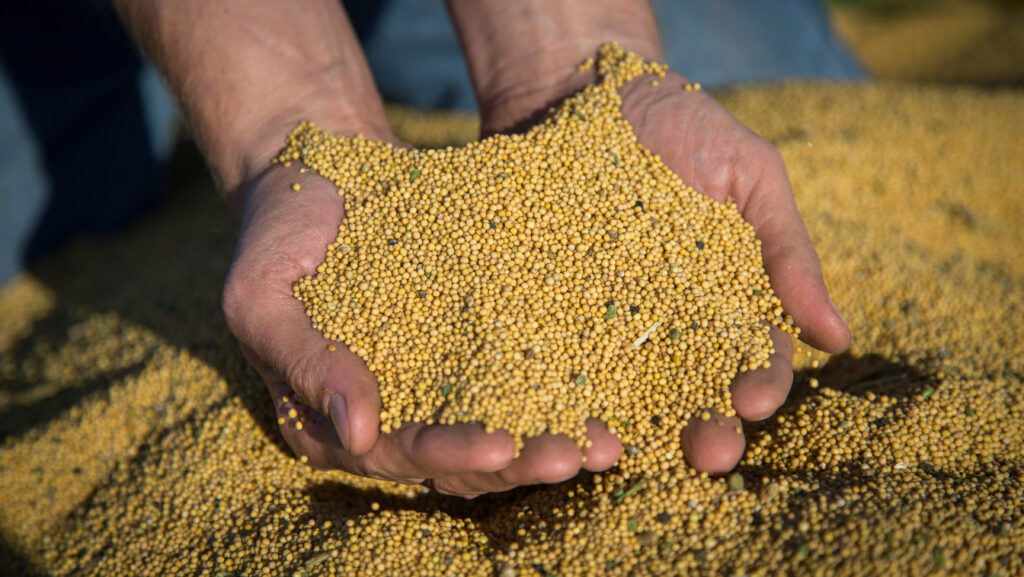Groundswell: Regen supply chains – will farmers see rewards?
 © Gary Naylor Photography
© Gary Naylor Photography A collaborative approach from all stakeholders is required if regenerative farming principles are going to become embedded in supply chains, urged both a multinational food company and a leading retailer at Groundswell.
“The responsibility lies with all of us,” said Dorothy Shaver, global food sustainability business leader at Unilever. “The way that food is grown or produced matters for everyone’s future. We all need to play our part.”
She revealed that Unilever was committed to 3-5 years of on-farm funding for trials to support the transition of its ingredients, rather than paying premiums direct to growers.
See also: Why gene editing could help growers practicing regen ag
Unilever’s over-arching principles of regenerative agriculture
- Have positive effects on soil health, water and air quality, carbon capture and biodiversity
- Enable local communities to protect and improve their wellbeing and environment
- Produce crops with sufficient yield and nutritional quality to meet existing and future needs, while keeping resource inputs as low as possible
- Optimise the use of renewable resources, while minimising the use of non-renewable resources.
“Having been early movers in this space, we’re hoping that others will chip in and help drive this forward.
“Of course, as we bring consumers along with us, our suppliers will benefit too. Brands will propel consumer acceptance, so farmers will be rewarded.”
The company has nine regenerative agriculture projects globally across 48,000ha and launched its first UK project earlier this year, working with farms that grow mustard seeds and mint leaves used in Colman’s products (see “Farmer participation: English Mustard Growers”).
Retailer involvement
When it comes to introducing new practices, the risks and costs involved with changing farm production systems are recognised, stressed Emmanuelle Hopkinson of M&S Foods.
The retailer is working to develop long-term relationships with producers and is funding science to support those in their supply chains. “We have developed fair price models and we’ve invested in trials.”
The priority for M&S Food now is to have a better way of measuring the improvements that come from regenerative systems, she added.
“We like protocols, as it gives us confidence in the system and the evidence that our customers expect. There’s little point in farmers having to produce a different version of a product for different customers.”
Connecting consumers with where their food is coming from and what regenerative systems offer is something that retailers are actively involved in, she added.
“Healthier, better food is an outcome that we all want, wherever we sit in the supply chain.”
Farmer participation: English Mustard Growers
Cambridgeshire arable farmer Tom Gee, who also represents the 40-strong group of English Mustard Growers (EMG), is just starting regenerative trials for Colman’s, a Unilever brand, having been approached by the company.
He is keen to discover more about how it will work on their farms and what will be expected of them. “If there’s a better way of doing things, we’re definitely up for that,” he said.
But Tom is also looking for some reassurances on behalf of the growers he represents: “To fully embrace this, we need to have the confidence that there will be no detrimental effects to our farms and that we will be adequately rewarded,” he explained.

© Gary Naylor Photography
“We’re focused on opportunity, not constraint.”
At this early stage of EMG’s involvement in the Unilever initiative, Tom is less convinced about agreed standards or a protocol.
“We need to be careful that we don’t limit the imagination and innovation that has been so evident on farms in recent years.”
The funding provided by Unilever to move forwards together is welcome, he added.
“What happens after those three years is unknown at this stage. If it’s sustainability that supply chains want, all the participants have to be in it for the long term.”
